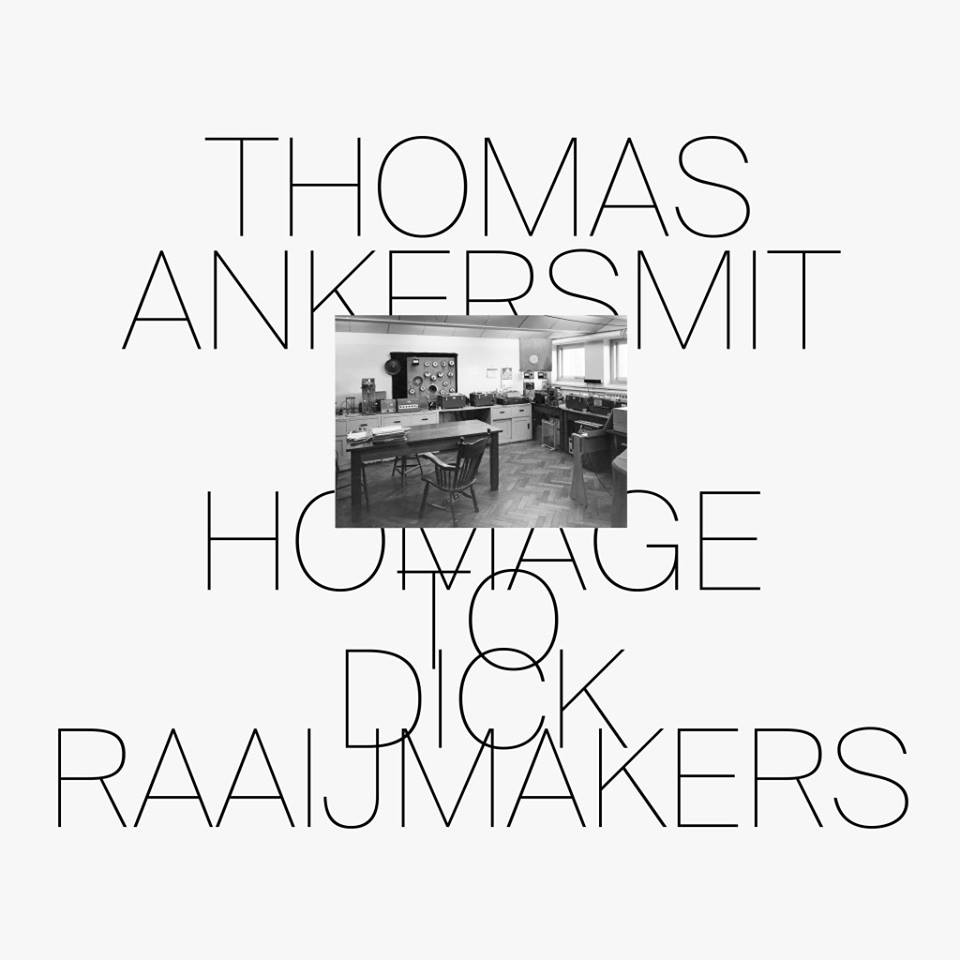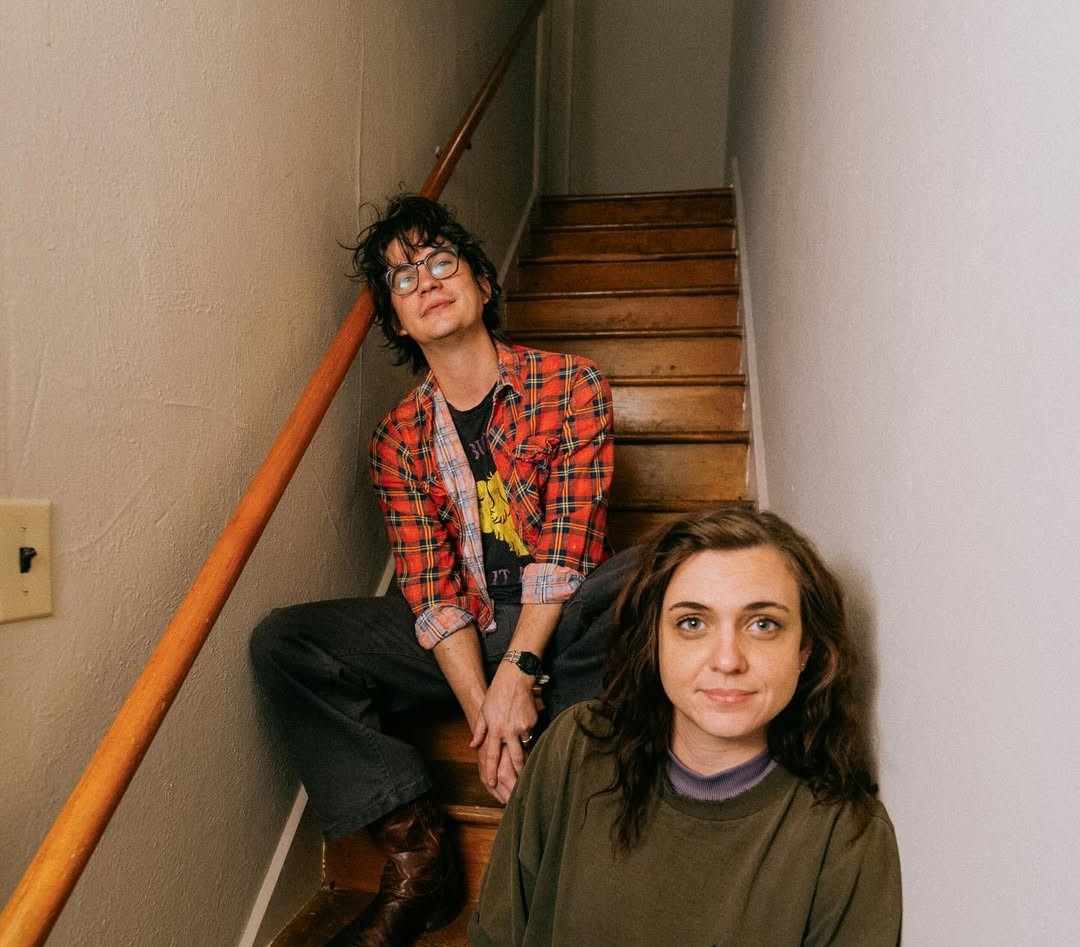Thomas Ankersmit
Thomas Ankersmit is a Dutch experimental musician who mainly works with the Serge analogue modular synthesizer. One of his recent works is a record dedicated to Dick Raaijmakers.
Why did you want to make a record which is a homage to Dick Raaijmakers?
I’d always really appreciated his music and writing, from a distance (I never met him), and I was interested in diving into his ideas deeper. It was also just an attempt to learn something; I never had any formal music training, so I decided to look for some guidance in someone whose work always appealed to me.
Can you remember when you first got to know about the Serge Modular?
I discovered the Serge at CalArts (art and music school close to LA) at the invitation of Mark Trayle, who taught there, in 2005. I was playing saxophone and an EMS Synthi at the time. I’ve always loved the Synthi, but for my own stuff I was kind of struggling with it.
Do you own a Serge synth?
Yeah, the Serge has been my main instrument for over a decade! You mentioned a number of gigs of mine you’d heard; that’s the instrument I was playing. I use a compact setup on tour and an expanded system in the studio; I just take parts of the system on tour basically.
How did you get it?
Serge systems are still being built. Mine are all built by a guy called Rex Probe who runs a company called Sound Transform Systems. In the 90s and early 2000s they were the only ones producing Serge modules I think. They took over the designs and inventory from the original company. In recent years other people have started building Serge systems too though, many with the blessing of Serge Tcherepnin himself. I don’t need any more modules myself, but Serge designs are now a lot more accessible than a few years ago I think!
Why do you prefer working with analog gear?
I’ve always been attracted to quite raw, organic, noisy electronic sounds; the sonic by-products electrical circuitry. I was inspired by guys like Thomas Lehn and Gert-Jan Prins, for example. That’s a very analog electric sound-world. Those virtual “dirt” knobs on softsynths don’t count. Using a physical object, at least as a starting point for sound-making, just comes more naturally to me. I’m happy to use a computer for recording and some processing. I’ve used Max for many years as a kind of general purpose tool (sampling, sine wave generation, etc).
Do you see Serge as a tool, or as a music instrument?
Both I suppose. I’m kind of interested in the different user-perspectives modular synths offer. It can be patched up to “play music” in the moment, or as signal processor, or a source of samples, etc. The short answer is of course that modular synths can have various roles; from a relatively traditional keyboard instrument to a more experimental instrument to more of a sound laboratory to generate or process raw material. I go back and forth between those different modes myself.
“field recording the synthesizer”
Do you have the impression that, with a synth, that all the sounds are already there, hidden in the box, and that what you do is not so much composing but making choices, deciding which sounds you are going to use and which not?
Not sure. I do sometimes think of what I do as “field recording the synthesizer” in the sense that I’m just poking around sometimes to see what will come out; like it’s a landscape you can wander around in and certain sounds will emerge that you might want to capture. But of course you can also “make it do” specific, more predictable stuff. Again, it’s all in the patching. Like most people I imagine, the “trying one thing but finding something else instead” aspect of analogue electronics is something I do enjoy. I don’t think of the synthesizer, certainly not the one that I use, as offering a finite set of sounds. I prefer to think of it, at least, as something that can always yield more, the more you invest in it. And isn’t all composing just “making choices”?
Is ‘Homage to Dick Raaijmakes’ a live recording, a one take recording? Or did you do a lot of editing?
It’s a kind of “musique concrète” for the synthesizer. It’s made up of lots of different sound recordings, layered and edited. I would like to make an improv record sometime, something that’s all played in realtime with no layering. Maybe next year.

A funny line in the press text is the one where they don’t talk about your use of electronics, but your ‘creatively abuse of electronics’. Why do you do that?
That’s in the DNA of “experimental music” right? Whether that’s guitar feedback or the prepared piano or whatever; it’s taking something and using it beyond its original design, to make something else. I simply mean that a lot of my sounds are based on internal feedback in the synth, or of stabbing at a bunch of connectors with a little piece of metal, inducing glitches and short-circuits. I’m not so interested in tame, conventional synthesizer sounds. Luckily the Serge has a very open, adventurous design, so I don’t feel like I’m working against the instrument.
Why do you prefer going for the dirty sounds?
I don’t know! I’ve always liked noise.
Where does your fascination for feedback comes from?
My dad gave me a simple electric guitar for my sixteenth birthday.
– Joeri Bruyninckx



